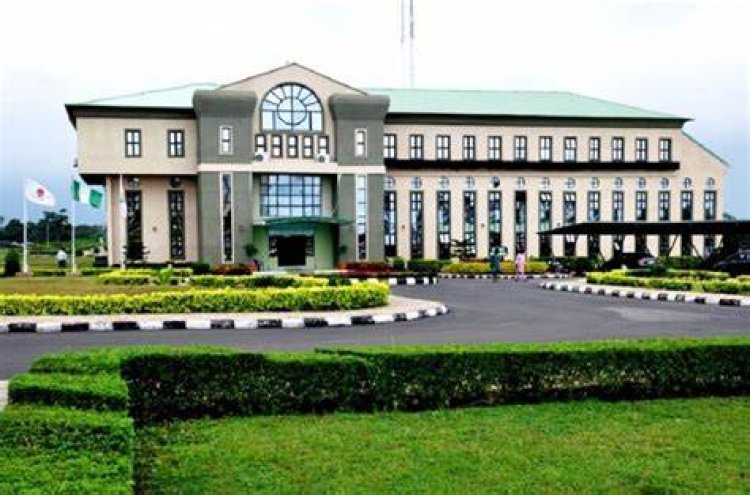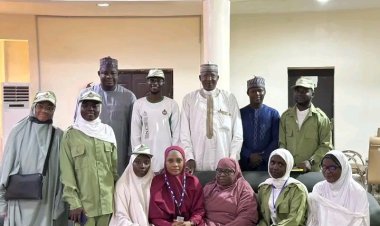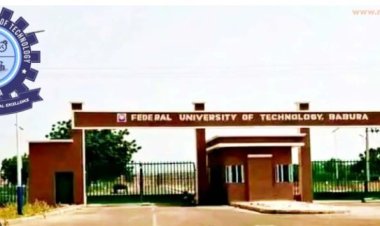Building Human Capital: The Debate Over New Universities in Nigeria
In the heart of Nigeria’s educational landscape, a heated debate rages on: Should the nation prioritize building human capital or continue establishing new universities? Netizens have taken to social media, expressing their opinions on this critical issue.

In the heart of Nigeria’s educational landscape, a heated debate rages on: Should the nation prioritize building human capital or continue establishing new universities? Netizens have taken to social media, expressing their opinions on this critical issue. Let’s explore the various angles of this debate.
- The Case for Building Human Capital:
- Advocates argue that investing in education, vocational training, and skill development directly contributes to the country’s long-term growth. A well-educated workforce can drive innovation, boost productivity, and attract foreign investment.
- They emphasize that quality education, accessible to all, is essential for addressing unemployment, poverty, and social inequality. By focusing on human capital, Nigeria can empower its citizens and create a more prosperous future.
RECOMMENDED: Lady Celebrates as Business She Started With NYSC Allowance Expand Into Full Brand
- The Allure of New Universities:
- Supporters of new universities contend that expansion is necessary to accommodate the growing student population. With limited spaces in existing institutions, new universities can alleviate overcrowding and provide more opportunities for higher education.
- They argue that regional universities enhance accessibility, allowing students from different states to pursue degrees closer to home. Additionally, specialized institutions can cater to specific fields of study, fostering expertise and research.
- Challenges and Concerns:
- Critics question the quality of education in some existing universities. Rather than creating more institutions, they argue for improving the standards and infrastructure of the ones already in place.
- Financial strain is another concern. Establishing new universities requires substantial funding, which could be better allocated to enhancing existing facilities and faculty development.
- Some worry that the proliferation of universities might dilute educational standards, leading to a glut of graduates with inadequate skills for the job market.
SUGGESTED: Kaduna State University Lecturer Dr. Alamuna Nuhu Appointed To Federal Polytechnic Governing Council
- Balancing Priorities:
- Finding a middle ground is crucial. Nigeria can invest in both human capital development and new universities. Quality matters more than quantity.
- Policymakers should focus on improving existing institutions, ensuring they meet international standards. Simultaneously, they can strategically establish new universities where gaps exist, emphasizing specialized programs and research centers.
- The Role of Technology:
- Leveraging technology can bridge gaps in education. Online courses, virtual labs, and digital resources can enhance learning experiences without necessarily building physical campuses.
- Collaborations with international universities, exchange programs, and joint research initiatives can also enrich the educational ecosystem.
The debate over human capital versus new universities is multifaceted. Nigeria must strike a balance, recognizing that quality education drives progress. Whether through revitalizing existing institutions or thoughtfully expanding the educational landscape, the nation’s future lies in its commitment to nurturing its greatest asset: its people.





